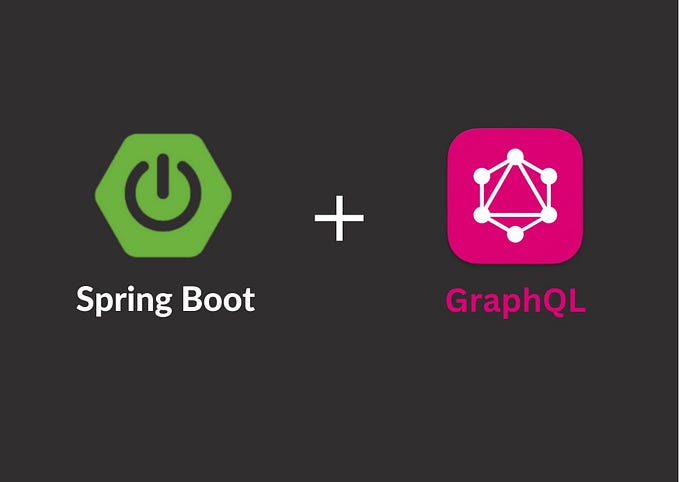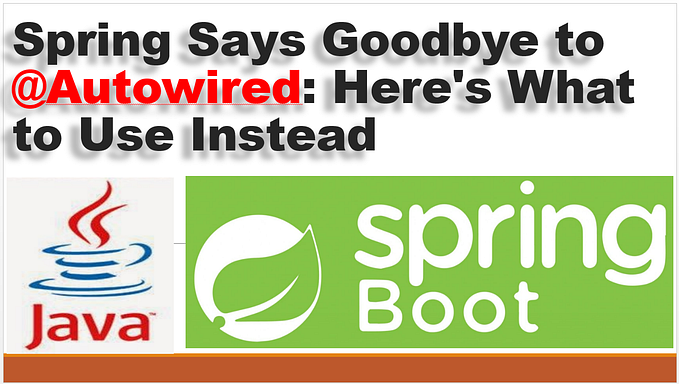Top 5 Java Application Security Frameworks to Build Secure Apps
The most important concern we have today while developing an application is the security. The pieces of code or application running over the network are vulnerable to risks and may threaten the privacy, security, and integrity issues.An array of security frameworks ensure the robustness of application security that supports the faster processing of the apps. They help the developers to get the application up in a seamless manner.

Java frameworks offer code reuse ability while eliminating the need of building boilerplate code tasks. Let’s have a look at some of the excellent Java-based frameworks to boost the app security and accelerate the growth of your business:
1) JAAS (Java Authentication and Authorization Services)
JAAS is one of the security APIs that consists of Java packages designed exclusively for user authentication & authorization. Introduced as an optional package in Java SE 1.3, JAAS was later integrated into JDK, starting from JDK 1.4.
The authentication of JAAS is carried out in a pluggable manner, which permits the app to remain technology independent from the underlying authentication.
2) Spring Security
A highly customizable framework, Spring Security is widely used to handle the authentication and access control (authorization) issues arising in any Enterprise based application developed in Java.
During this process of authentication, a principal is established for the claim. It can be a user, a device, or any other system that can perform actions in your application. On the other hand, authorization is the process to determine whether the principal can perform a specified operation within the app. Also, this Java framework is easy to learn and integrate.
3) Apache Shiro
Apache Shiro is considered as a robust security framework for Java to perform authorization, cryptography, and session management on all kinds of Java applications, irrespective of their size. It is designed to be an easy-to-use and intuitive framework while offering the robust security features. It is framework independent and therefore works seamlessly on all the Java supported structures.
4) HDIV (HTTP Data Integrity Validator)
HDIV stretches the behavior of applications by adding the security functionalities, maintaining the API, and defining the framework specification. It is mainly used for building applications on Spring MVC, Struts, Grails, JSTL and more. It offers the much-needed transparency to developers without adding any complexities in the development of applications.
5) OACC
This Java application security framework is designed to fine grain (object level) the access control. Its focus is to provide a full-featured API to enforce as well as manage the authentication and authorization needs of an application. It offers complete implementation of a flexible and robust security model.
OACC uses the resource’s abstraction for the security of application objects, which enables the framework to offer a rich API including the grant, revoke, and query capabilities for managing and storing the security relationships of the application.
Conclusion
These top 5 Java application security frameworks safeguard your Java software development process by offering the level of security for authorization, authentication, data validation, encryption, session management and more. You can select any of these frameworks according to the privacy, security, and integrity requirements of your application.








